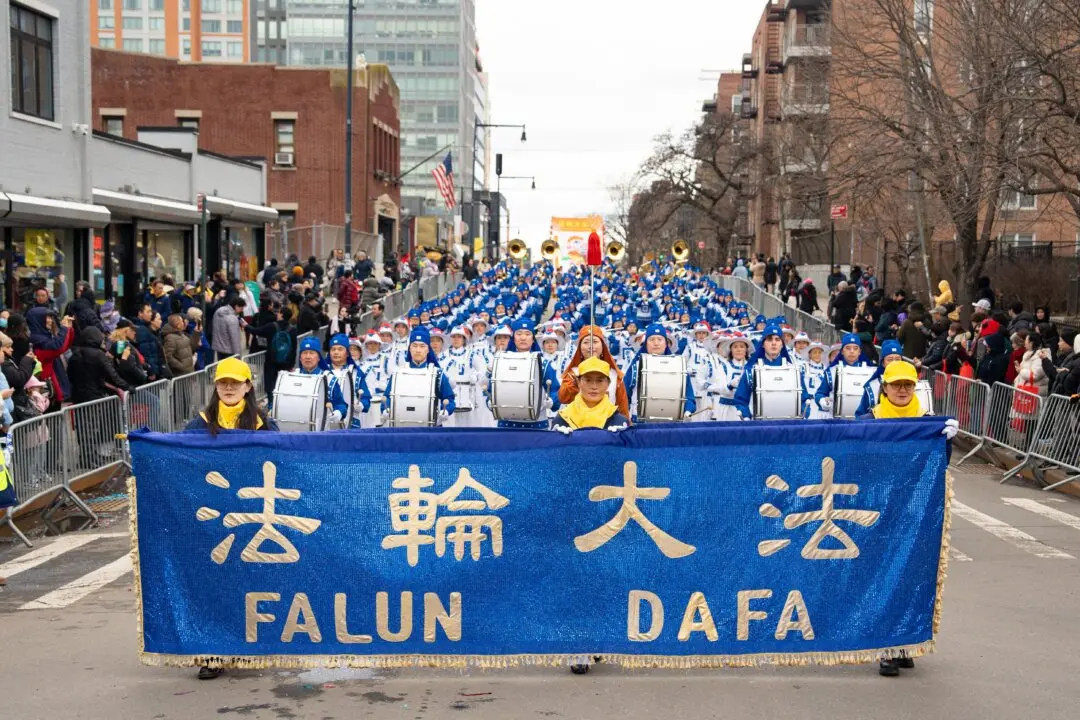Attorney General William Barr said on April 18 that special counsel Robert Mueller did not provide sufficient evidence to support an obstruction-of-justice case against President Donald Trump.
Barr: Mueller Probe Did Not Present Sufficient Evidence to Establish Obstruction-of-Justice Offense

Attorney General William Barr (L) and Deputy Attorney General Rod Rosenstein arrive to speak about the release of the redacted version of the Mueller report at the Department of Justice in Washington on April 18, 2019. Win McNamee/Getty Images

Petr Svab
reporter
|Updated:



